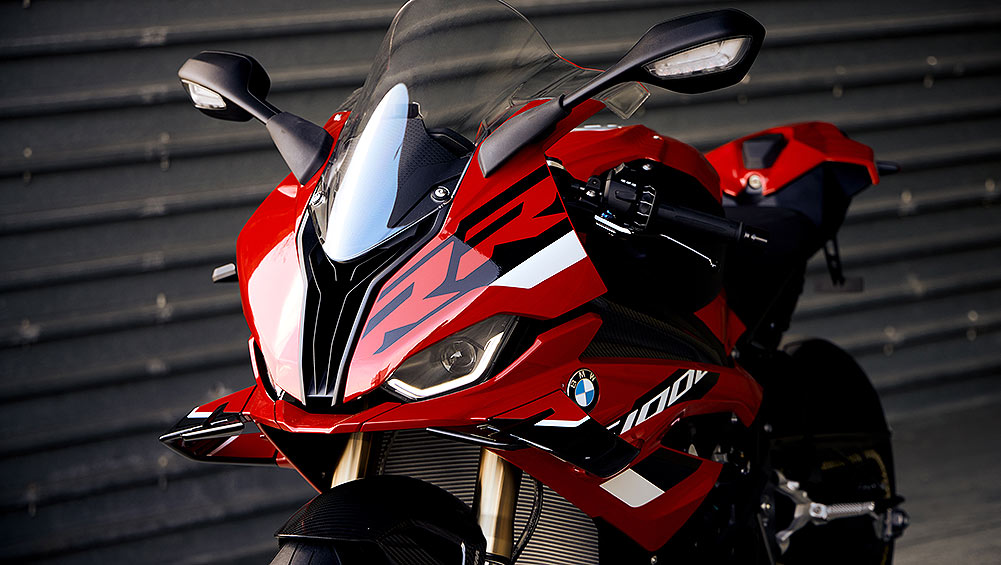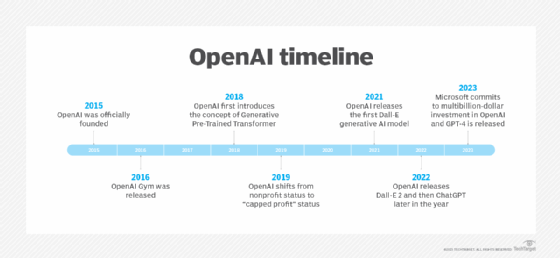Luxury Car Sales In China: Examining The Difficulties Faced By BMW And Porsche

Table of Contents
The Intensifying Competition in the Chinese Luxury Car Market
The Chinese luxury car market is no longer a two-horse race. While established players like BMW and Porsche maintain a strong presence, they face increasingly fierce competition from a multitude of domestic and international brands. Mercedes-Benz and Audi remain formidable rivals, consistently vying for top positions. However, the emergence of strong domestic brands like Hongqi, and the luxury sub-brands of burgeoning electric vehicle (EV) manufacturers such as BYD, poses a significant threat. These domestic players offer competitive pricing and features tailored to the specific preferences of Chinese consumers, eating into the market share of traditional luxury brands.
- Rising popularity of domestic brands: Chinese consumers are increasingly showing a preference for homegrown brands, particularly those offering advanced technology and competitive pricing. This shift in brand loyalty represents a major hurdle for international players.
- The influx of new EV models: The Chinese EV market is exploding, with both established and new players launching a wide array of luxury electric vehicles. This presents a significant challenge to traditional combustion engine manufacturers who need to adapt quickly to the growing demand for electric mobility.
- The impact of government policies and incentives: Government policies and incentives, such as subsidies for electric vehicles and restrictions on emissions, significantly influence the market landscape and impact the strategic decisions of luxury car manufacturers.
Economic Headwinds and Shifting Consumer Preferences
Economic fluctuations significantly influence consumer spending on luxury goods, including luxury cars. Periods of economic uncertainty or slowdown directly impact consumer confidence, leading to reduced demand. Furthermore, consumer preferences are shifting rapidly. There is a pronounced trend towards electric vehicles (EVs), driven by environmental concerns and technological advancements. This transition poses a significant challenge for established manufacturers heavily reliant on traditional combustion engine technology.
- The effects of economic slowdowns: Economic instability in China can directly translate to lower sales figures for luxury car manufacturers, necessitating flexible and adaptable sales strategies.
- The rising demand for sustainable vehicles: The increasing awareness of environmental issues is driving demand for eco-friendly vehicles, putting pressure on luxury car brands to expand their EV offerings.
- Impact of younger generations: Younger, tech-savvy Chinese consumers prioritize technological innovation and advanced features, influencing the design and marketing of luxury vehicles.
Navigating the Complex Regulatory Landscape in China
The regulatory landscape in China presents unique complexities for foreign luxury car brands. Navigating import tariffs, stringent emission standards, and local content requirements demands significant expertise and adaptability. Furthermore, tailoring marketing strategies to the cultural nuances and consumer preferences in China is crucial for success. A lack of understanding of these factors can severely hinder market penetration.
- Impact of import duties and taxes: High import duties and taxes significantly impact pricing strategies, making it challenging to compete with domestically produced vehicles.
- Compliance with emission standards: Meeting China's increasingly stringent emission standards requires substantial investment in research and development and necessitates a shift towards cleaner technologies.
- Localized marketing campaigns: Understanding and catering to the unique cultural preferences of Chinese consumers through localized marketing campaigns is essential for brand building and sales success.
Supply Chain Disruptions and Logistics Challenges
Global supply chain disruptions and logistics bottlenecks pose significant challenges to manufacturers like BMW and Porsche. Difficulties in procuring essential components and raw materials, coupled with delays in shipping and transportation, impact production timelines, delivery times, and overall sales performance. This can lead to inventory shortages and negatively affect customer satisfaction.
- Challenges in procuring components: Securing a consistent supply of essential components and raw materials has become increasingly difficult due to global supply chain disruptions.
- Delays in shipping and transportation: Shipping delays and logistical bottlenecks significantly impact delivery times, potentially leading to customer dissatisfaction.
- Impact on inventory management: Maintaining optimal inventory levels amidst supply chain disruptions is a major challenge, affecting sales and potentially leading to lost revenue.
Conclusion: Overcoming the Hurdles in Luxury Car Sales in China
The Chinese luxury car market presents both immense opportunities and significant challenges for brands like BMW and Porsche. Intensifying competition, economic headwinds, complex regulations, and supply chain disruptions all contribute to a demanding business environment. Overcoming these hurdles requires a multi-faceted approach, incorporating flexibility, innovation, and a deep understanding of the unique aspects of the Chinese market. This includes adapting to evolving consumer preferences, embracing sustainable technologies, navigating regulatory complexities, and building robust supply chains. To further explore this dynamic market, we encourage you to delve deeper into the topic through further research on China luxury car market analysis or by exploring case studies of successful strategies in the Chinese luxury vehicle sector.

Featured Posts
-
 La Fires Landlords Accused Of Price Gouging Amidst Crisis
Apr 22, 2025
La Fires Landlords Accused Of Price Gouging Amidst Crisis
Apr 22, 2025 -
 Blockchain Analytics Leader Chainalysis Integrates Ai Through Alterya Purchase
Apr 22, 2025
Blockchain Analytics Leader Chainalysis Integrates Ai Through Alterya Purchase
Apr 22, 2025 -
 Toxic Chemicals From Ohio Train Derailment Months Long Building Contamination
Apr 22, 2025
Toxic Chemicals From Ohio Train Derailment Months Long Building Contamination
Apr 22, 2025 -
 Revolutionizing Voice Assistant Development Open Ais 2024 Announcements
Apr 22, 2025
Revolutionizing Voice Assistant Development Open Ais 2024 Announcements
Apr 22, 2025 -
 Razer Blade 16 2025 Deep Dive Ultra Performance Portability And Price
Apr 22, 2025
Razer Blade 16 2025 Deep Dive Ultra Performance Portability And Price
Apr 22, 2025
